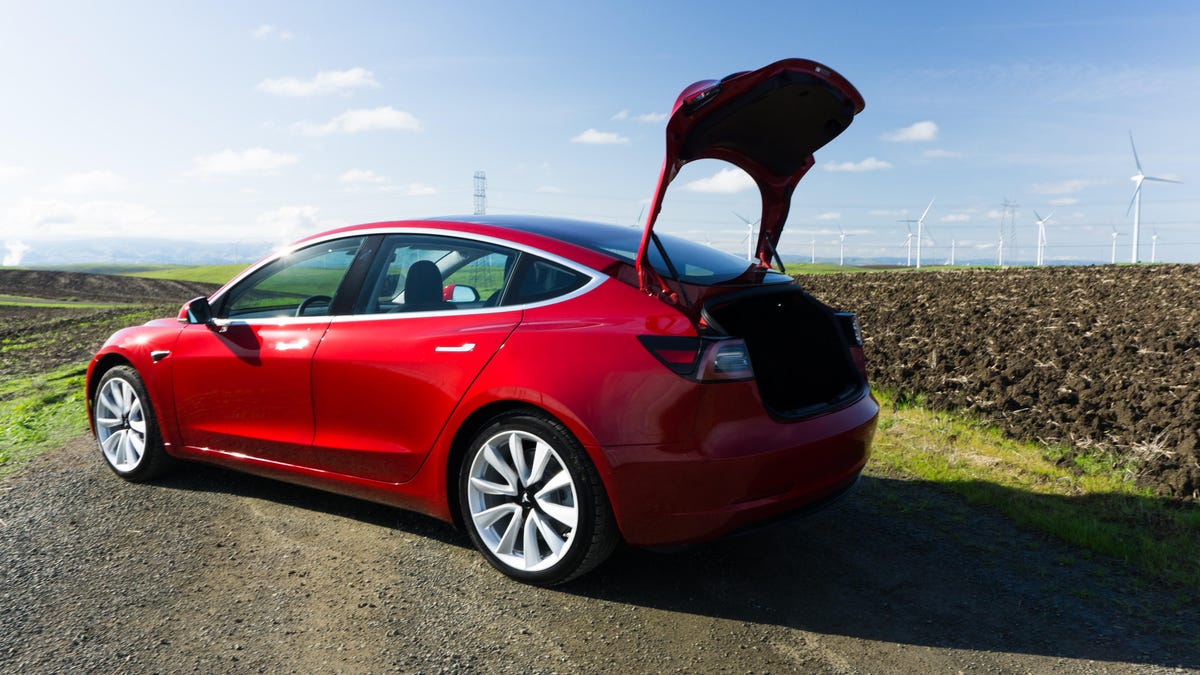Tesla tax credits will start to phase out once 200,000th car delivered
The $7,500 federal tax credit for EV buyers will dry up in phases once automakers cross the 200,000-vehicle mark.

Tesla expects to hit the 200,000-vehicle cap that will signal the beginning of the end of its federal EV tax credits sometime this year.
This is a huge deal, particularly with the number of people still holding reservations for the lower-cost version of the Model 3, many of whom may be counting on the rather sizable tax credit to be able to afford going electric for the first time.
"Under current regulations, a $7,500 federal tax credit available in the US for the purchase of qualified electric vehicles with at least 17 kWh of battery capacity, such as our vehicles, will begin to phase out over time with respect to any vehicles delivered in the second calendar quarter following the quarter in which we deliver our 200,000th qualifying vehicle in the US. We currently expect such 200,000th qualifying delivery to occur at some point during 2018," said Tesla in a US Securities and Exchange Commission filing that was published Friday.
Tesla producing its 200,000th vehicle won't immediately end the tax incentive for people who purchase its cars, but it will trigger the year-long process of the credits tailing off. The credit would halve from $7,500 to $3,750 for six months and then again to $1,875 for six months after that, before disappearing entirely.
While this won't likely have a significant impact on Model S and Model X sales, given the much higher price of those vehicles, it will undoubtedly cause some defections among the masses still waiting for a Model 3, especially if Tesla continues to have difficulty meeting its production targets for that car.
If Tesla does hit this milestone, it would be the first electric vehicle maker to do so, and its experiences will serve as a bellwether for those companies following in its wake as to whether the EV business as it is currently structured is financially viable.

